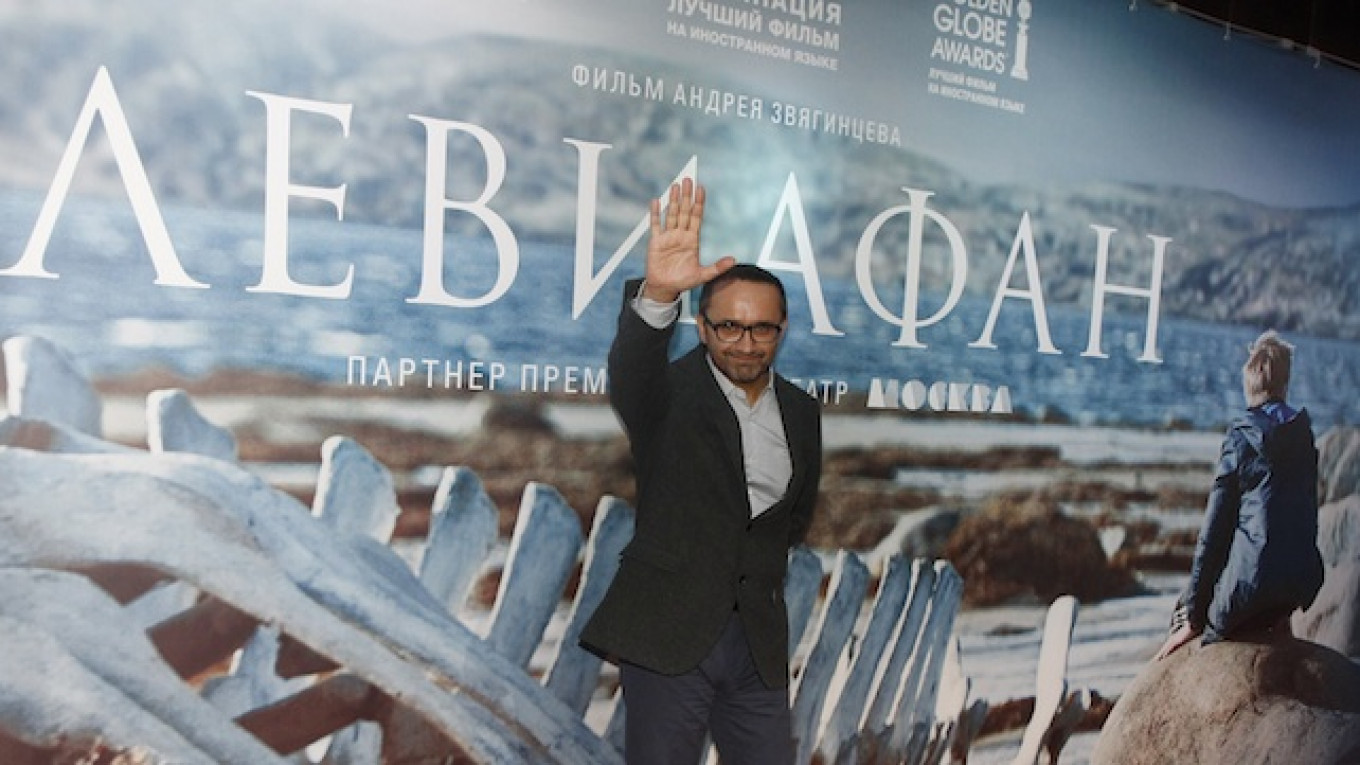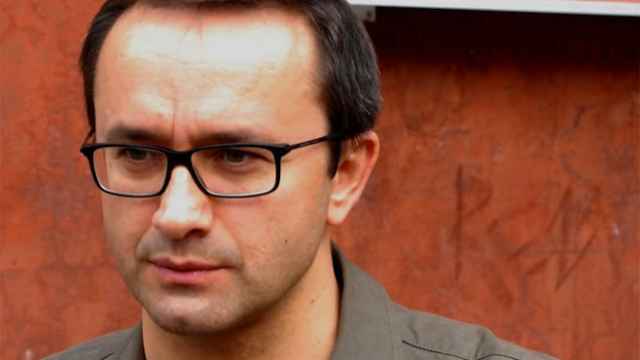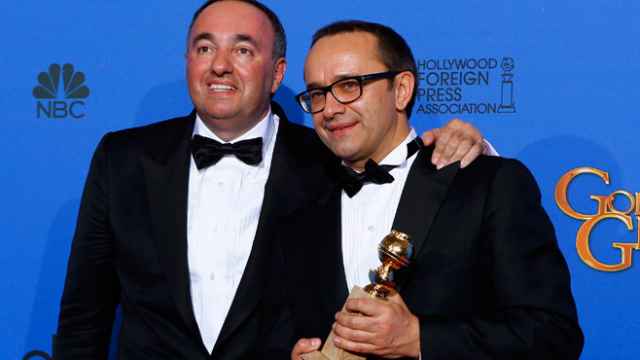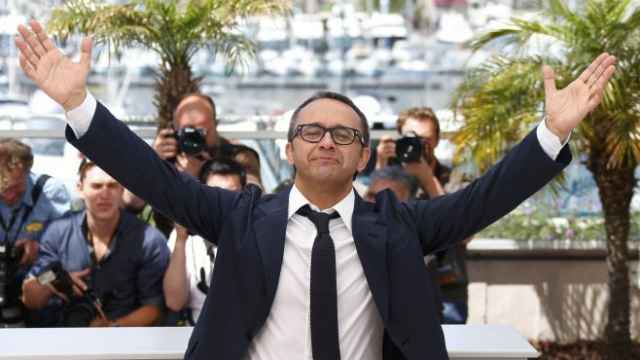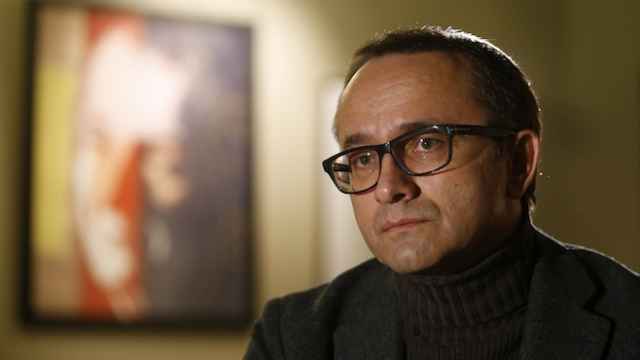Director Andrei Zvyagintsev, whose bleak depiction of his homeland in the Oscar-nominated film Leviathan divided Russia, said on Wednesday that the polarization proved his movie had "touched something very important."
The Golden Globe-winning film exposes some of the country's modern taboos, portraying the doomed struggle of a man in Russia's far North against a greedy and corrupt local mayor while casting the Russian Orthodox Church in a dubious light.
"The audience, the country was split over it," said director Zvyagintsev at a news conference to promote the Russian screening of the film, which will be heavily censored due to new obscenity laws.
"It should have been understood that the public would be polarized, but the extreme points of view over the film show it was a success," he said. "It touched something very important."
Russian fans of the film say the story mirrors life in Russia in the 15 years since President Vladimir Putin first rose to power, with corrupt state officials enriching themselves with impunity at the expense of ordinary people.
Ironically, some of the harshest criticism came from the Culture Ministry, which co-financed the film. Minister Vladimir Medinsky accused Zvyagintsev of blackening Russia's image to gain Western praise.
"Films focused not only on criticism of current authorities but openly spitting on them ... (films) filled with a sense of despair and hopelessness over our existence, should not be financed with taxpayers' money," Medinsky said in a newspaper interview, when asked whether the ministry would support similar films in the future.
Zvyagintsev said the 19th-century novel Crime and Punishment also faced street protests when parts were first published, but was at pains to say he was not drawing parallels between himself and the great Russian writer Fyodor Dostoevsky.
"Leviathan," largely shot in the village of Teriberka on the Barents Sea, was premiered in mid-2014, but cinemas in Russia will start screening it only in February.
Russian newspaper Izvestia quoted a Russian Orthodox activist calling for the film, which shows dubious cooperation between the mayor and local clergy, not to be shown in Russia because it vilified the Russian Orthodox Church.
A Message from The Moscow Times:
Dear readers,
We are facing unprecedented challenges. Russia's Prosecutor General's Office has designated The Moscow Times as an "undesirable" organization, criminalizing our work and putting our staff at risk of prosecution. This follows our earlier unjust labeling as a "foreign agent."
These actions are direct attempts to silence independent journalism in Russia. The authorities claim our work "discredits the decisions of the Russian leadership." We see things differently: we strive to provide accurate, unbiased reporting on Russia.
We, the journalists of The Moscow Times, refuse to be silenced. But to continue our work, we need your help.
Your support, no matter how small, makes a world of difference. If you can, please support us monthly starting from just $2. It's quick to set up, and every contribution makes a significant impact.
By supporting The Moscow Times, you're defending open, independent journalism in the face of repression. Thank you for standing with us.
Remind me later.


